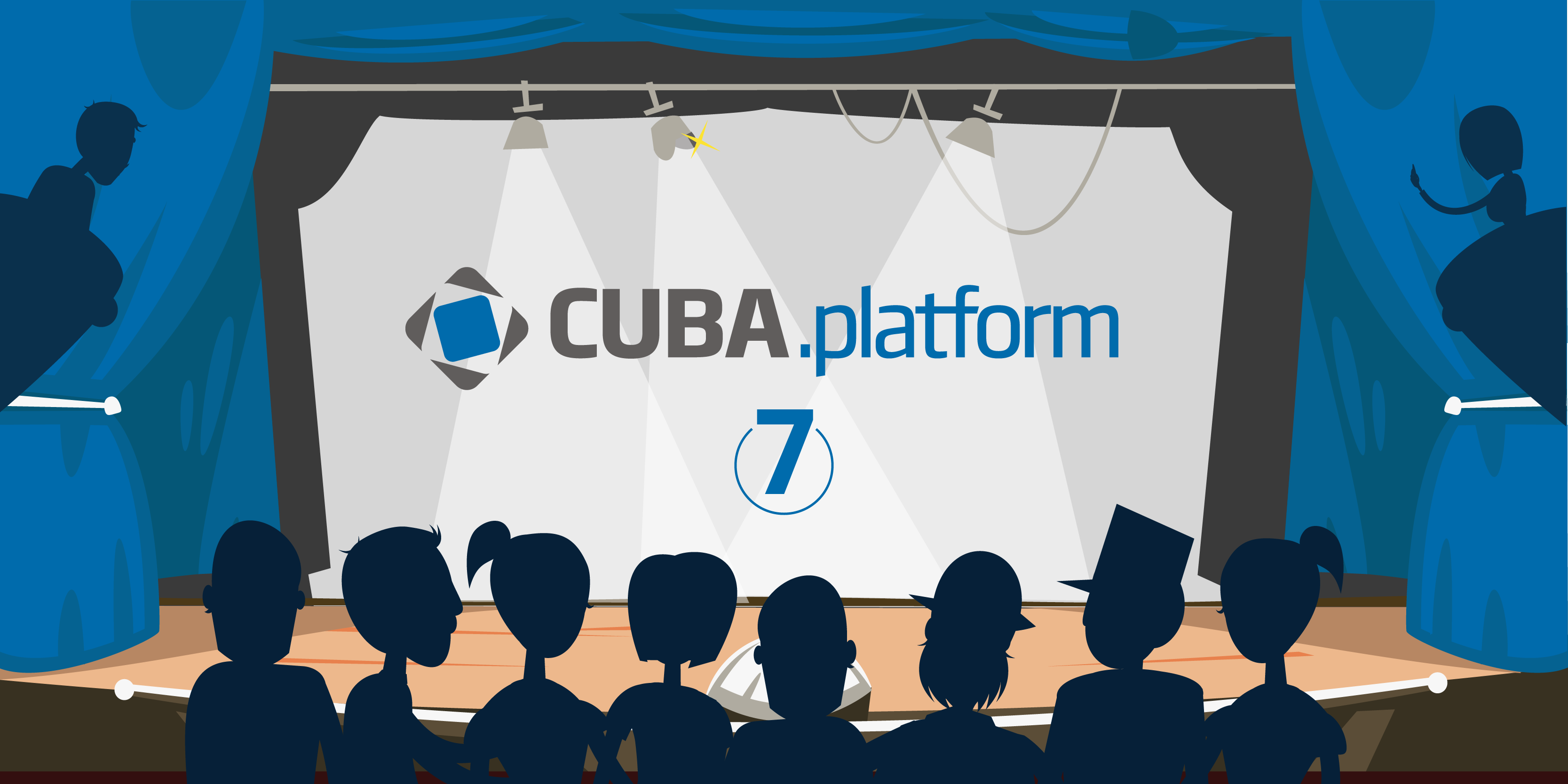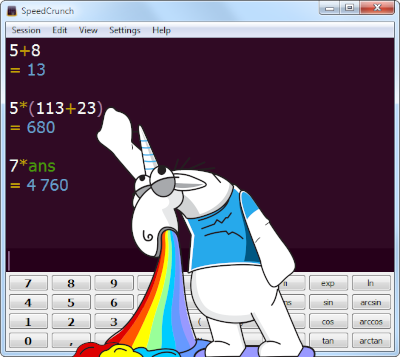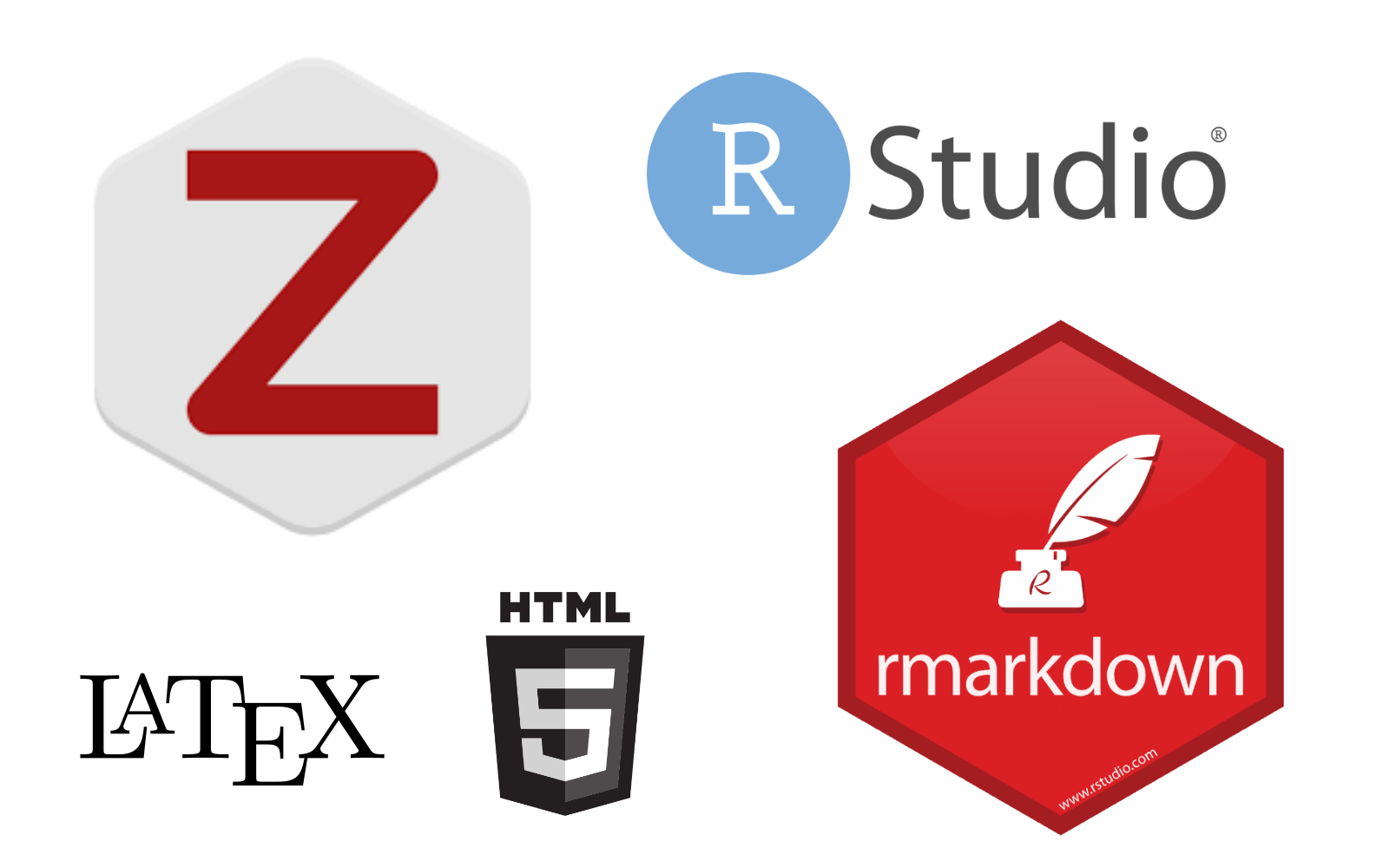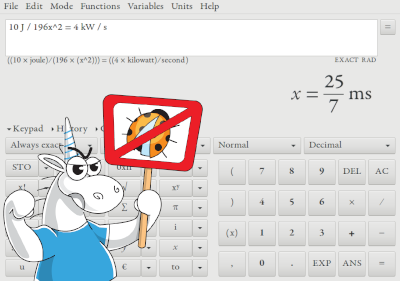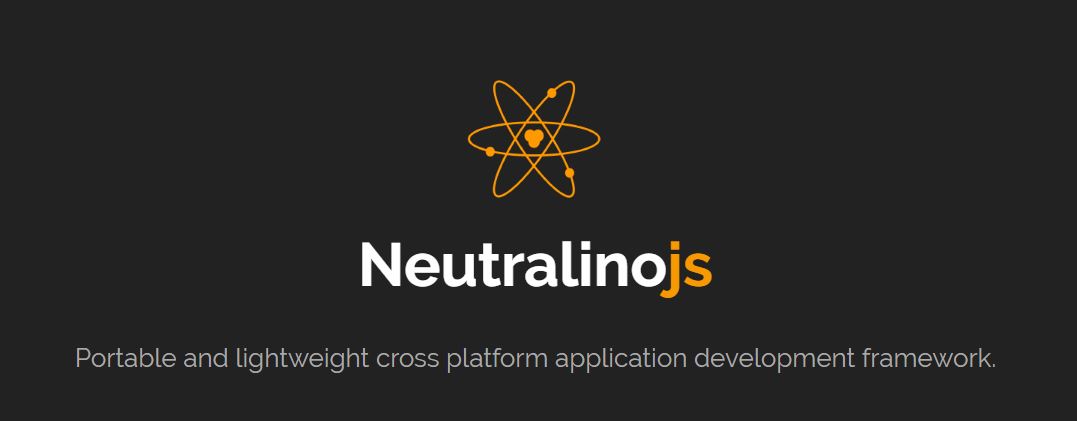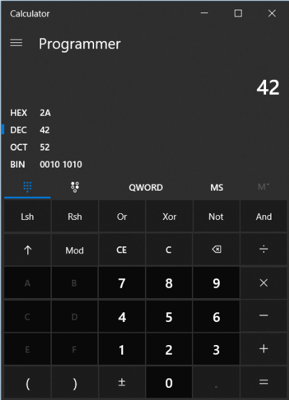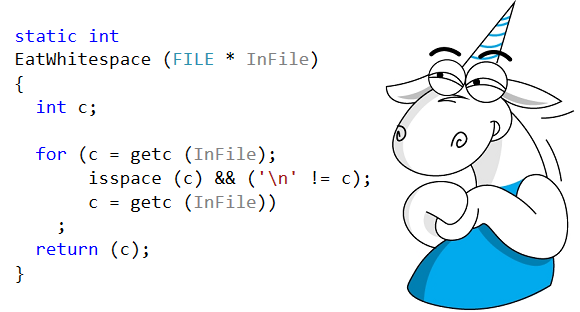Using Linux Kernel Sequence Files
Consider the topic of using sequence files in the Linux kernel, such files are considered to be the most convenient mechanism for printing from kernel mode. But in practice, using them correctly is much more difficult than you would think.
A lot of materials on this topic are available online. The best is the source code of the kernel itself which has quite detailed comments. The problem with this source of information is its volume. If you do not know exactly what to look for, it is better if you only have limited time, not to try at all. For me, when I became interested in the topic, Google provided several seemingly excellent sources of information relating to my search: the famous book The Linux Kernel Module Programming Guide and a series of articles by Rob Day. These sources are not new, but very solid.


